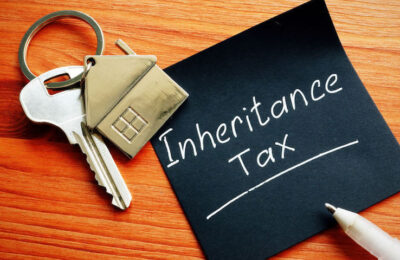A while back we published a post that clarified the current Capital Gains Tax Rates. At the time, we promised a follow-up article about Capital Gains Tax allowances and reliefs. It’s a complex area, but we hope this post will bring a little clarity to the subject.
Capital Gains Tax allowances
If you have to pay Capital Gains Tax on property or other chargeable assets, you should get an annual tax-free allowance known as the Annual Exempt Amount (AEA).
You deduct the AEA from the total amount of your capital gains before you calculate the CGT you owe. There is one AEA for the following:
- (Most) individuals who live in the UK
- Executors or personal representatives of a deceased person’s estate
- Trustees for disabled people.
There is a different AEA for:
- Most other trustees.
Rates are now:
- £3,000 for individuals, executors, personal representatives and trustees for disabled people
- £1,500 for other trustees.
If you are not domiciled in the UK, things are rather more complex. If you are in this situation, we suggest getting in touch with us for advice and reading the government guidance on residence, domicile and the remittance basis.
CGT reliefs
AEA is an allowance, which means it’s a sum you can knock off your capital gains before you calculate the tax you owe. But what about CGT reliefs that can bring your tax bill down?
Currently, there are five main reliefs. One relates to individuals, while the other five relate to businesses that have made capital gains.
They are:
- Private Residence Relief.
If you sell your main home, you normally qualify for Private Residence Relief. If you do, you don’t have to pay any CGT. - Business Asset Disposal Relief.
If you sell all or part of your business, shares or securities, or assets you have lent to your business, you may qualify for Business Asset Disposal Relief (formerly known as Entrepreneur’s Relief). You may also qualify if you are a trustee who has sold assets held in your trust. - Business Asset Rollover Relief.
If you sell certain business assets (such as land, buildings, fixed plant or machinery) and then use all (or part) of the proceeds to buy new assets, you may be allowed to delay paying CGT. HMRC recommends you get help from a professional accountant or tax adviser if you need advice on this relief. - Incorporation Relief.
If you transfer your business to another company in return for shares, you may again be able to delay paying Capital Gains Tax via Incorporation Relief. - Gift Hold-Over Relief.
If you give away business assets or certain shares for less than they are worth (in order to help the buyer), you may avoid having to pay CGT. Instead, the buyer will pay Capital Gains Tax when they dispose of the asset.
It’s also worth remembering that different CGT rules apply to individuals who gift assets to their spouse, civil partner or charity. We’ll be covering these in an upcoming post but, in the meantime, please get in touch if you have any Capital Gains Tax questions or queries.
About Kirsty Demeza
With a portfolio that ranges from startups to companies with a £10 million turnover, Kirsty’s talent for working closely with her clients ensures her services remain in strong demand.
“The most rewarding part of my role is seeing clients succeed,” she says. “When you help a new business and watch it expand into new premises and secure big contracts, it’s a great feeling.” Kirsty never finds two days are the same.
As well as providing accounting services that range from self-assessment tax planning and VAT to audit and accounts, she’s part of THP’s sales team and closely involved in helping our trainees to develop their skills.












